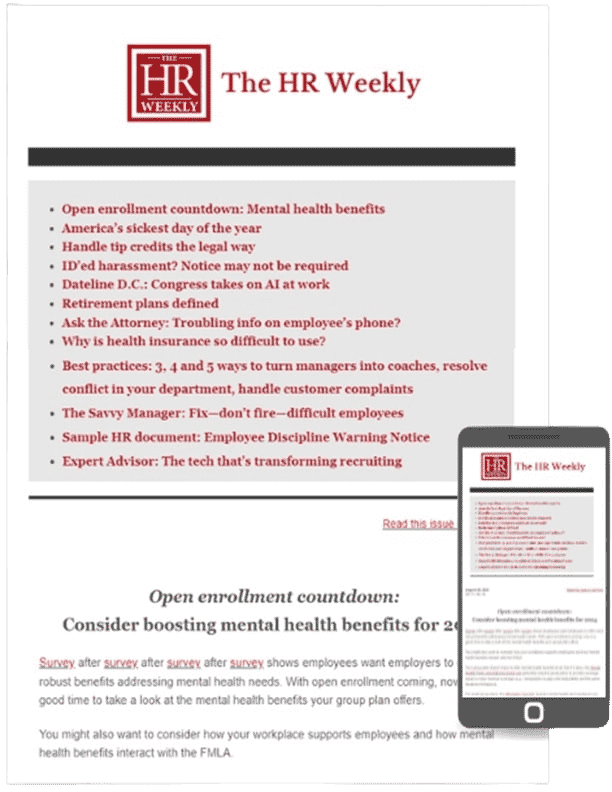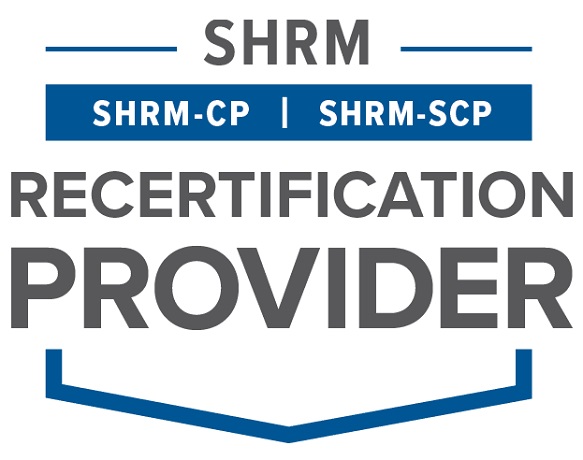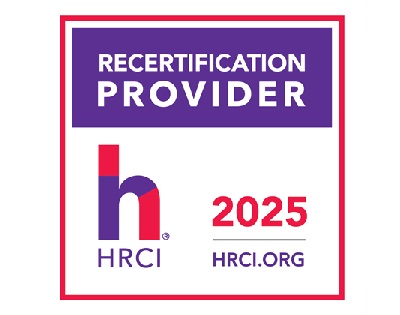
Documentation Essentials and Strategies

In employment lawsuits, the winning case is often the best-documented one. Documenting everything, even verbal warnings, is essential. If you don’t document it, it’s as if it didn’t happen. And you don’t want your employees to possess better records than yours.
On February 25, join expert C.B. Burns as she walks you through how to establish clear protocols for creating and maintaining records and creating a disposal plan. She’ll include real-world examples along the way, and common mistakes to avoid.
You’ll also discover why thoroughness and accuracy are critical for both employer and employee. Avoid vague language, instead using facts and specific examples to ensure clarity for both parties. If you’re not proud to read it out loud, don’t write it down.
Webinar Agenda
- What to document. Learn which records are essential, why they matter and how to manage challenges like employees refusing to sign.
- Thoroughness and accuracy. Discover how to avoid vague language by using clear, concise facts and specific examples.
- Establishing protocols. Create structured guidelines for generating and maintaining employee records effectively.
- Record disposal. Understand which documents to destroy, when to do it and the correct methods for secure disposal.
- Best practices for key documents. Explore proven strategies for compiling performance write-ups, employee complaints, investigations, offer letters and severance agreements.
- Avoiding mistakes. Identify the most common documentation errors and learn how to preserve records to avoid legal risks.
In this 75-minute online training, you will learn how to:
- Properly document everything from performance write-ups to employee complaints, offer letters and severance agreements.
- Avoid vague language and instead use clear, specific details.
- Implement specific protocols for creating, maintaining and disposing of records, as well as common mistakes to avoid.
Get answers to YOUR questions from presenter…

C.B. Burns is a partner in Kemp Smith’s labor and employment department and a member of the firm’s management committee. She has successfully defended clients in discrimination, discharge and other employment matters in the federal and state courts of Texas and New Mexico. She is a past chair of the State Bar of Texas Labor and Employment Law Section, and is a frequent speaker at national and state seminars. She serves as an editor of the Texas Employment Law Handbook and is a fellow of the College of Labor & Employment Lawyers.
Registration bonuses included:

Everyone who signs up will receive a free copy of our Managing Personnel Records white paper, which will show you how to turn all that HR paperwork into "lawsuit-proof armor." In this special report, discover how a sound records-retention policy can keep your organization out of the courtroom. Some records carry retention periods mandated by federal laws, and they vary by statute, usually anywhere from one year to three years.

You'll also receive one month of exclusive access to The HR Weekly, our comprehensive service with all the HR advice and compliance tools to simplify your job … and to keep your organization out of court. So that you continue to benefit from The HR Weekly, we will continue your subscription after that for the then-current rate, unless you tell us "no, thanks" — your choice.

We promise you'll be satisfied.
If Documentation Essentials and Strategies fails to meet your needs in any way, we will refund 100% of your tuition – every penny you paid – but your course materials and registration bonuses will be yours to keep. No hassles, no questions asked.
Professional Recertification Credit Hours Included

Business Management Daily is recognized by SHRM to offer Professional Development Credits (PDC) for SHRM-CP® or SHRM-SCP® recertification activities.

This Program has been pre-approved for 1.25 HR (General) credit hours toward aPHR®, aPHRi™, PHR®, PHRca®, SPHR®, GPHR®, PHRi™ and SPHRi™ recertification through HR Certification Institute® (HRCI®).
